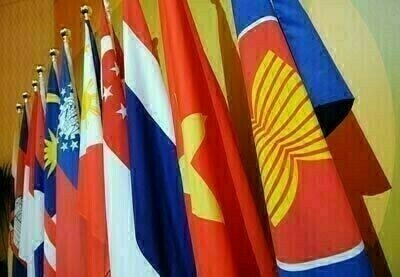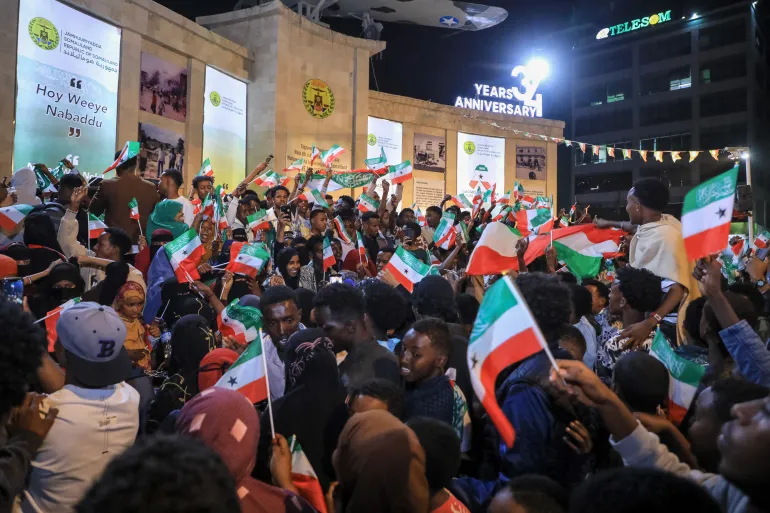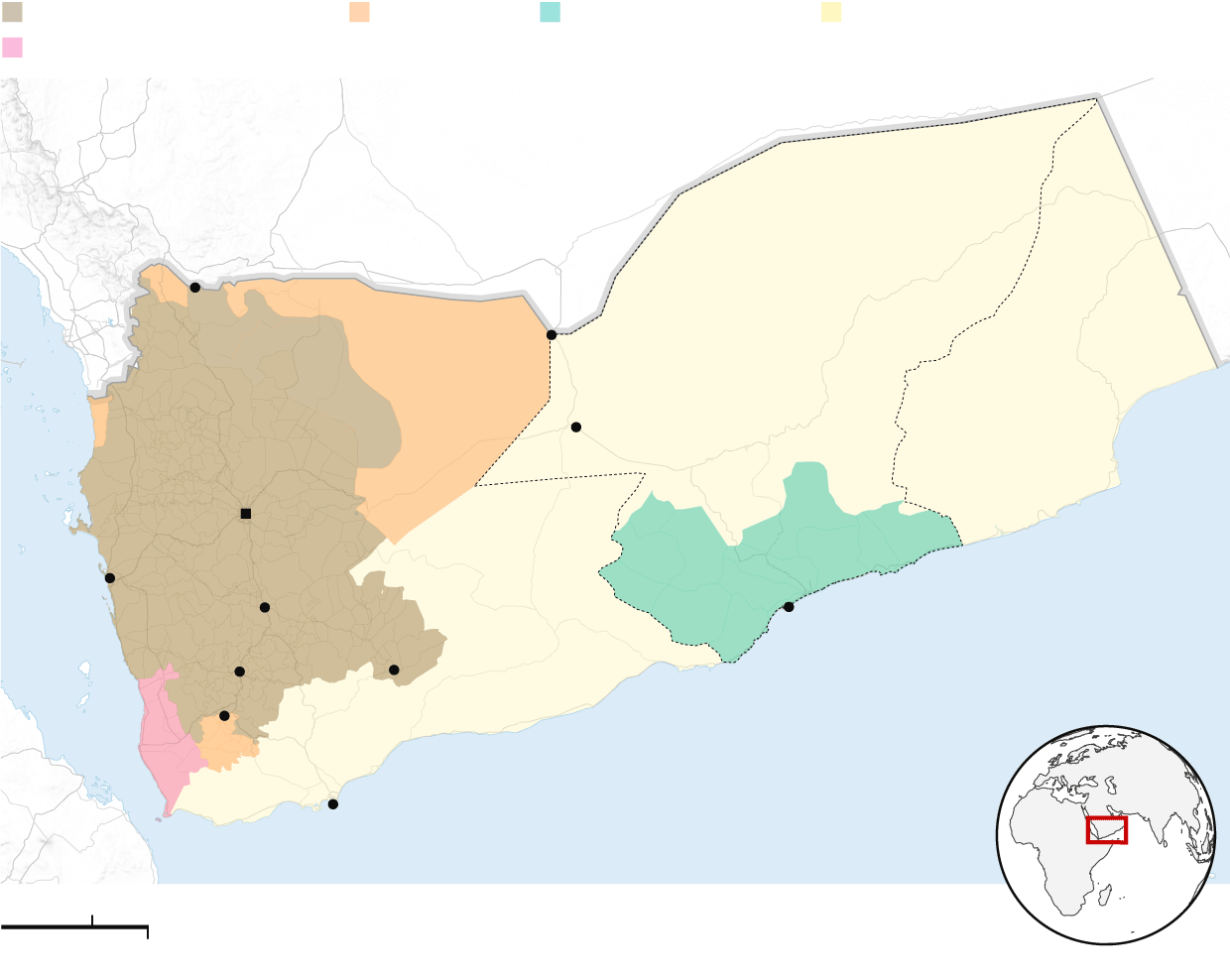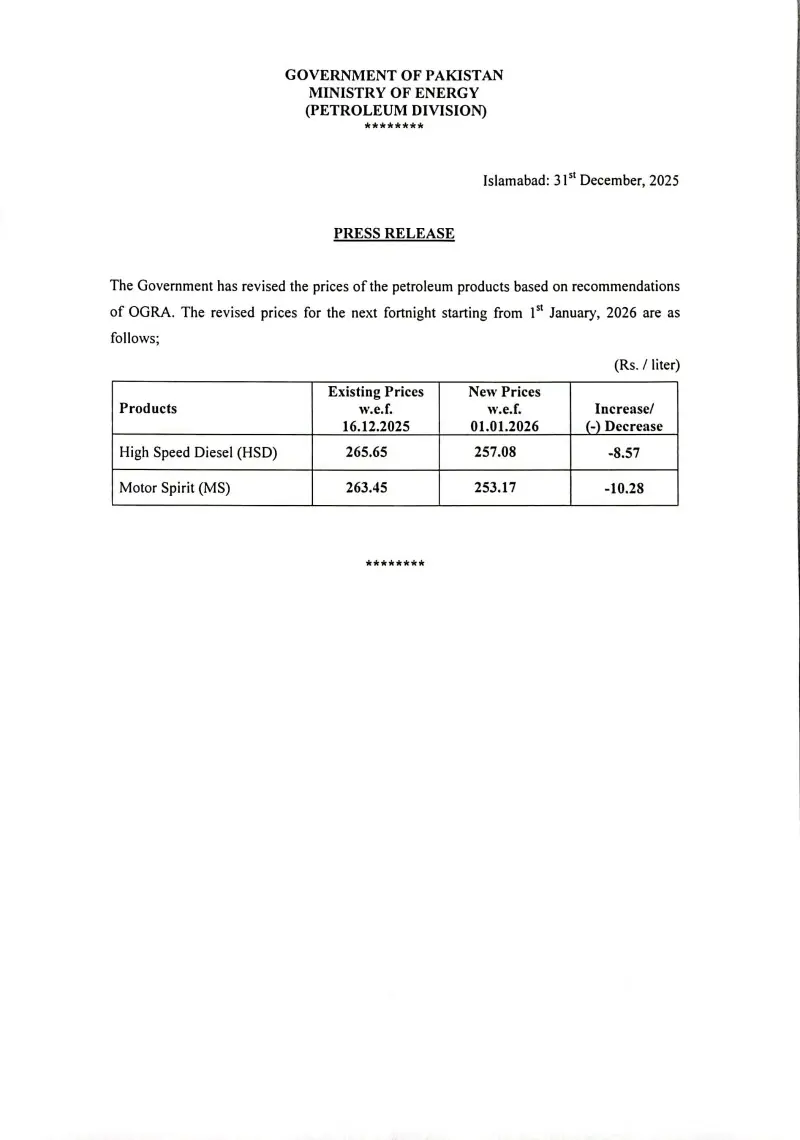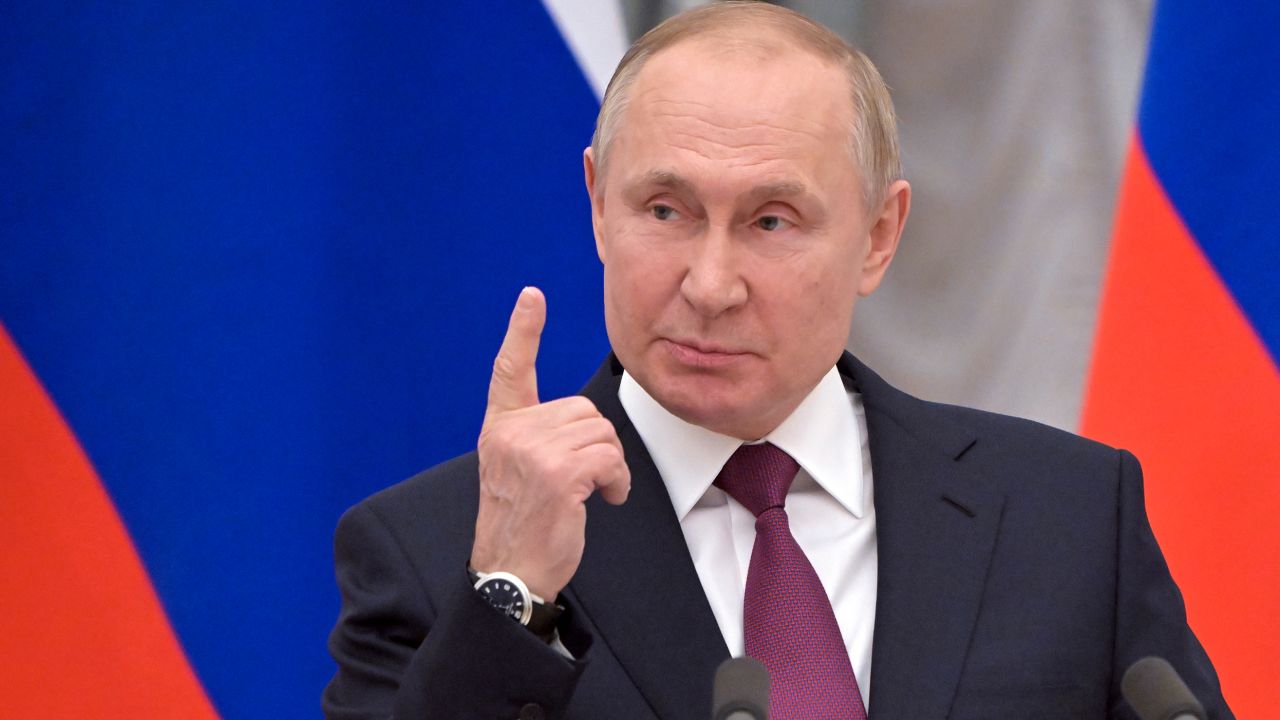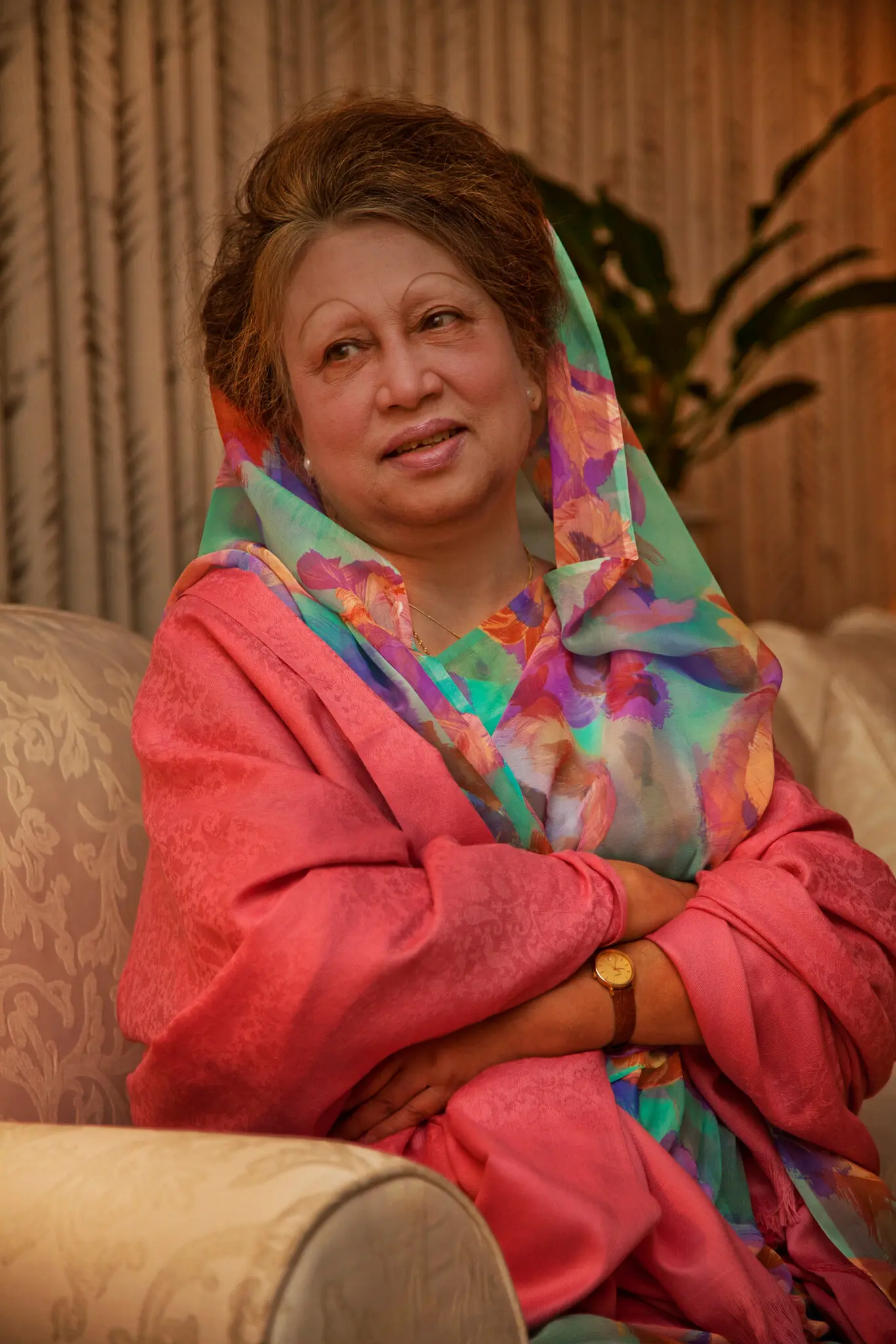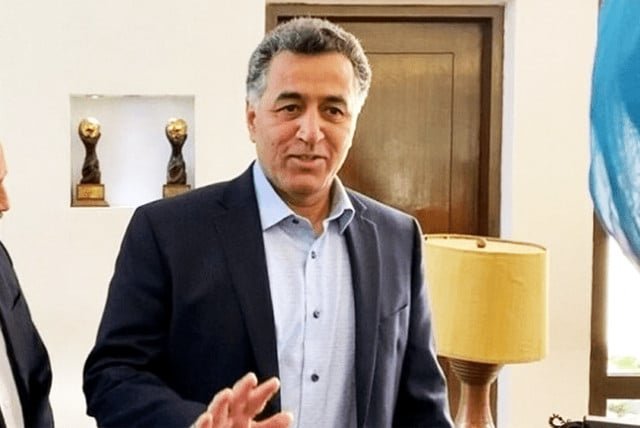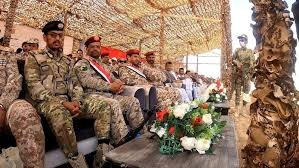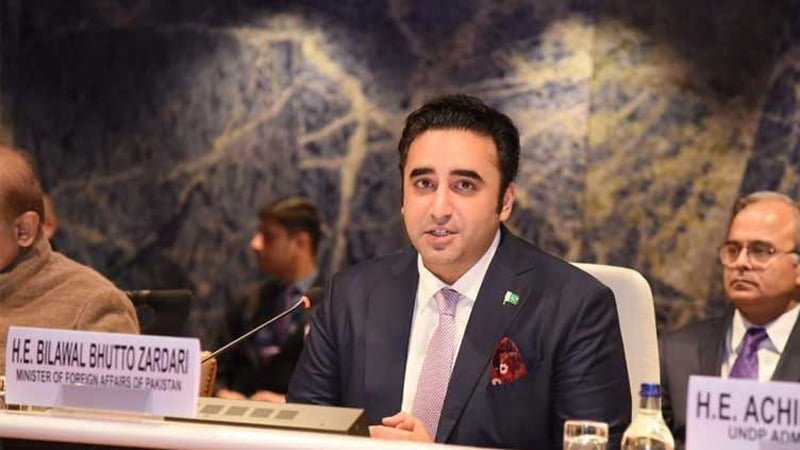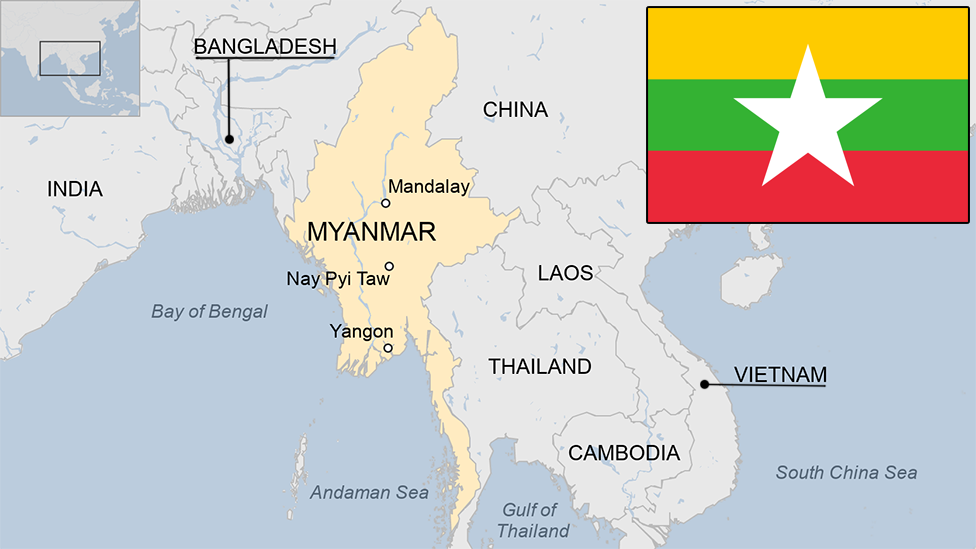Pakistan is facing significant obstacles in its efforts to secure a Free Trade Agreement (FTA) with the Association of Southeast Asian Nations (ASEAN), largely due to its limited status as a Sectoral Dialogue Partner and opposition from Singapore to elevating Pakistan to Full Dialogue Partner status. According to sources within the Ministry of Commerce, this diplomatic bottleneck has stalled Pakistan’s push for broader trade access in the Southeast Asian region.
Pakistan was granted Sectoral Dialogue Partner status in 1993, marking the beginning of formal ties with ASEAN. This cooperation was further institutionalized through the ASEAN-Pakistan Joint Sectoral Cooperation Committee (APJSCC), which has met regularly since its inception, most recently in Jakarta in September 2023. However, despite these engagements, Pakistan’s attempts to launch formal FTA negotiations have remained limited since its proposal during the 4th APJSCC in 2010.
ASEAN, meanwhile, maintains FTAs with six countries — China, Australia, New Zealand, Japan, South Korea, and India — all of which enjoy Full Dialogue Partner status. Pakistan’s inability to reach this elevated status has placed it at a disadvantage.
At the 8th APJSCC meeting held in Jakarta on February 6, 2025, both sides reiterated their commitment to enhancing cooperation under the Practical Cooperation Areas (PCA) 2024–2028 framework. Notable progress was highlighted in trade and investment, science and innovation, media, and human resource development. ASEAN also encouraged Pakistan to support its Community Vision 2045 and participate actively in ongoing strategic frameworks like the ASEAN Outlook on the Indo-Pacific (AOIP), Master Plan on ASEAN Connectivity 2025, and the Initiative for ASEAN Integration (IAI).
While ASEAN acknowledged the potential for deeper collaboration — spanning areas such as digital economy, transnational crime prevention, climate change, food and energy security, tourism, green economy, and education — the path to a full FTA remains constrained by Pakistan’s current dialogue status.
To address these challenges, Pakistan has adopted a pragmatic strategy: deepening bilateral ties with individual ASEAN member states. This shift aims to build trust and political goodwill that could eventually pave the way for Pakistan’s elevation to Full Dialogue Partner status and revive hopes for a region-wide FTA.
Pakistan already has some key trade agreements in place with ASEAN members. With Malaysia, Pakistan signed the Malaysia-Pakistan Comprehensive Economic Partnership Agreement (MPCEPA) in 2007 — its first comprehensive FTA covering goods, services, and investment. Both countries are currently reviewing the agreement to enhance cooperation.
In 2012, Pakistan signed a Preferential Trade Agreement (PTA) with Indonesia, which is also being considered for expansion. Talks with Thailand began in 2015 to establish an FTA; however, after nine rounds of negotiations, the process stalled. Pakistan has since proposed switching to a PTA model instead.
To expand its footprint, Pakistan has recently opened trade missions in key ASEAN countries. In Singapore, a new trade mission has been set up along with a proposed memorandum of understanding (MoU) for a Joint Trade Committee (JTC). While Singapore has shown reservations, suggesting that business-to-business ties should be prioritized first, the trade mission is expected to boost bilateral engagement.
Pakistan has also opened a trade office in Manila, Philippines, which has already begun yielding results, including increased participation of Filipino delegations in trade events hosted by Pakistan’s Trade Development Authority (TDAP).
Efforts with Vietnam and Cambodia are also underway. Pakistan and Vietnam are set to discuss a potential PTA during the upcoming 5th JTC meeting in July 2025. Meanwhile, Pakistan and Cambodia recently held their first JTC meeting in January 2025, laying the groundwork for deeper economic cooperation.
These strategic engagements reflect Pakistan’s renewed push to integrate into the dynamic ASEAN economy. While full FTA negotiations with ASEAN remain off the table for now, Islamabad’s bilateral outreach strategy may serve as a foundation for future regional integration — one partnership at a time.



